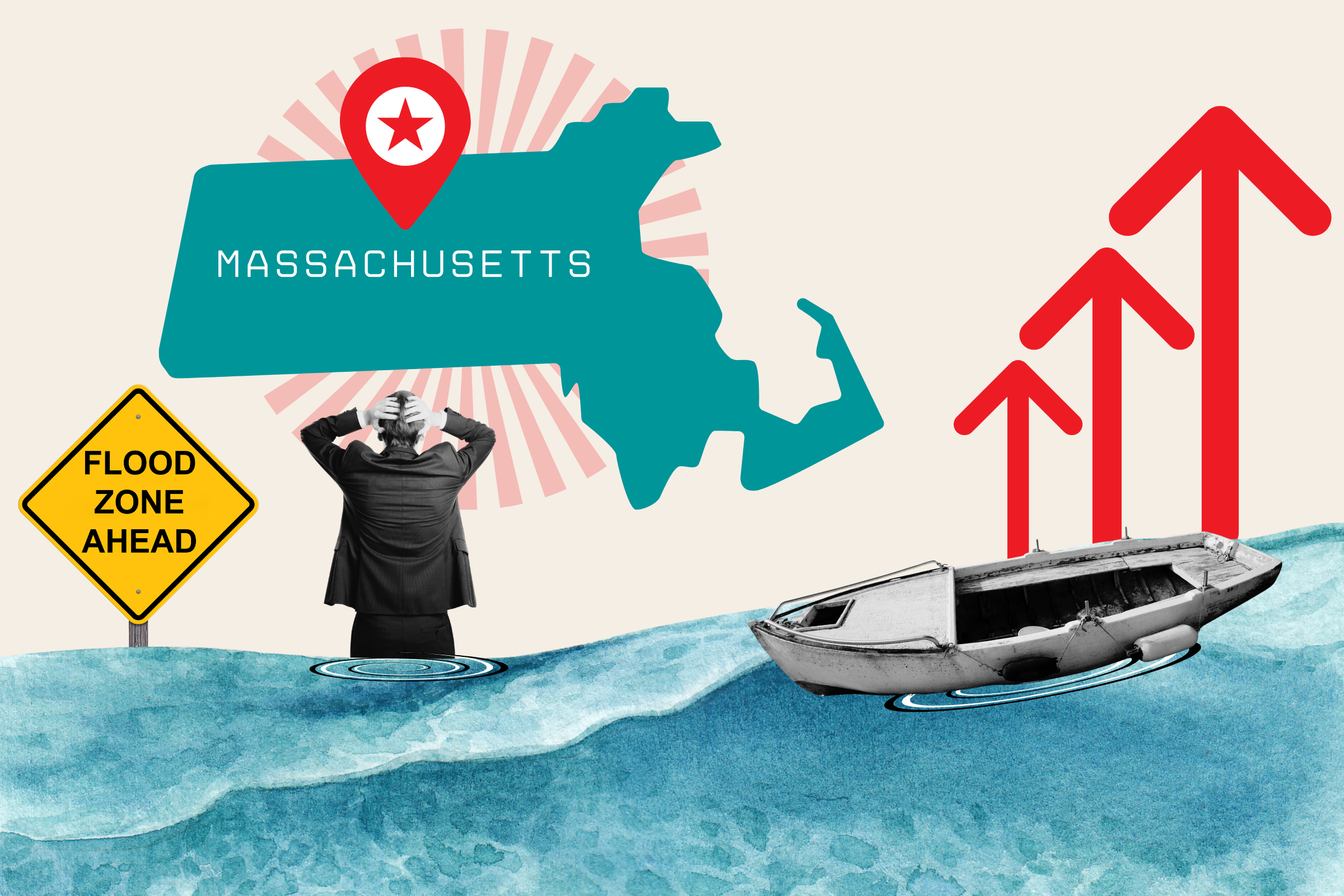Chileans went to the polls Sunday to reject, by a margin of more than 20 percentage points, a proposed new constitution. Two years ago the same public voted overwhelmingly to hold a constitutional convention, and the document they decided Sunday to shred was written by delegates elected in a wave of discontent with the status quo. While the convention included a few familiar faces from established political parties, it was dominated by amateur politicians with little skill at the give-and-take of retail politics. The result was a document loaded with ambiguities and self-contradictions. It was too much for the public.
As the streets filled Sunday night with gleeful opponents of the proposed constitution waving flags and honking horns, President Gabriel Boric, who has made replacement of the current constitution the main goal of his administration, lost no time in giving a public speech in which he promised to call a new convention—to write another constitution! This tone-deaf reaction is reminiscent of the position Colombian President Juan Manuel Santos took back in 2016. Santos put his peace agreement with the violent insurgent group FARC to a plebiscite, which it lost. He then proceeded to implement the treaty anyway.
The constitutional debate has left Chileans badly divided. The spectacular growth rates that economic liberalization brought to Chile in the 1990s have faded from the public's memory, while high levels of inequality and crime have generated widespread discontent. This inequality is exacerbated by the large fraction of Chileans who now grow up in single-parent homes, where the prospect of sharing in Chile's economic bonanza seems remote.
While the Right has held its own in Congress, the constitutional convention was dominated by amateur politicians, most of whom leaned leftward. There were also reserved seats for certified members of indigenous communities. Given that only one in six Chileans enjoy what Americans would recognize as a middle-class income, while the typical Chilean draws 60 percent of her ancestry from that country's pre-Colombian first nations, this might have been a winning combination. But the jumble of measures—abolishing HMOs, eliminating school vouchers, a Bolivian-style "plurinational" structure in place of equality for all before the law, and a general degradation of protection for individual rights—embedded in the proposed constitution led to defeat. Indeed, the constitution fared particularly badly in the communities with the highest concentrations of indigenous people, and encountered heavy opposition in the municipalities with the lowest incomes.

Whereas the 2020 vote on whether to hold a convention was voluntary, voters were required to show up for the plebiscite. Many in the government, accustomed to "speaking for the poor," discovered to their chagrin that low-income voters in Chile are inclined to think for themselves and, when herded to the polls against their will, vote accordingly.
Chile faces real problems: high crime, poorly functioning public health and public education systems, and urban congestion that plagues the capital city where almost two-fifths of Chileans live. While Chile is able to sell raw resources—copper and lithium—and agricultural produce—your winter fruits and vegetables probably come from Chile—the country faces fierce international competition in manufactured exports, leaving most Chileans working in the service sector. The solution offered by an uncompromising Left is to equalize misery by forcing everyone into the failing public health and education systems, while a skeptical Right seems afraid to innovate in public policy lest any change make matters worse.
Rather than treating a new constitution as a panacea, the country would be better served by reaching agreement on solutions to the concrete problems it faces, and then finding a way to implement those solutions. Insanity, the saying goes, means doing the same thing over and over while expecting different results. Now would be a good time for all concerned to try doing something different. As one young voter remarked, "I was sad to vote to reject, I wanted a new Constitution, but one that was better." Both sides should listen.
John Londregan is Professor of Politics and International Affairs at Princeton University.
The views expressed in this article are the writer's own.
Uncommon Knowledge
Newsweek is committed to challenging conventional wisdom and finding connections in the search for common ground.
Newsweek is committed to challenging conventional wisdom and finding connections in the search for common ground.





